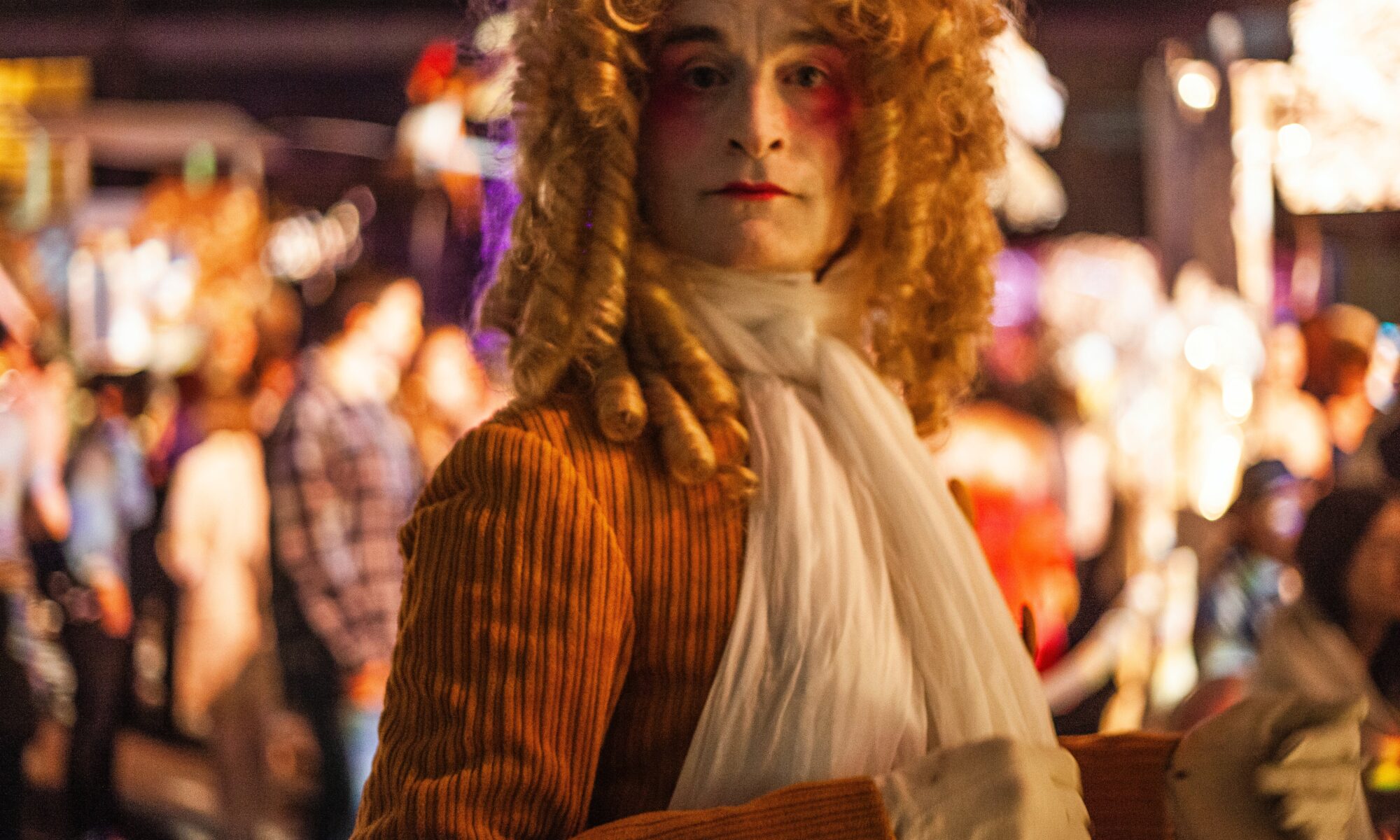During the fall semester of 2021, I took a history course called War and Religion. In this class we learned about the history of war and religion between early white European settlers and the Indigenous peoples in North America and how both served to oppress the Indigenous population. At the end of the semester, we had a project called “Forest Diplomacy”. In this project, the class was divided into two groups: the white settlers and the Indigenous tribe of the land. Each person in the class was assigned a character to portray in each group and we were to hold a council meeting in order to settle a land ownership dispute.
My role was to portray Charles Tomson, a “middleman” who sympathized with the Indigenous people, however, because he required funding from a white settler to publish a pamphlet, he did not denounce the white settler group. Portraying this role was difficult for me because it involved having to put my own personal beliefs aside and pretend that I wasn’t absolutely disgusted with the treatment of the Indigenous peoples in the land dispute. All the texts that I had to read to prepare for the role clearly showed that the white settlers were making decisions that only benefitted them.
In order to become the Charles Tomson who needed to write an “unbiased” pamphlet I needed to quiet the part of my brain that was against the bias. The skill of balancing my own judgment and the judgment of a man who benefited from the expulsion of a marginalized group while sympathizing with them taught me that there are instances in my academic career where being “unbiased” is actually going to be more helpful than I think. While I hope that I never have to pretend to be neutral in a case of blatant oppression, this skill could help me with future academic assignments.


